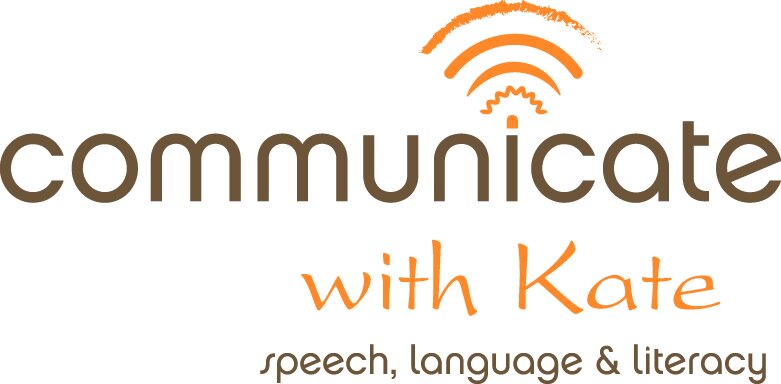What’s Play Got To Do With It? Everything!
Part 1 of Blog Series on PLAY
My job, as a speech language pathologist, is to support children’s communication skills. When many people think of the job of an ‘SLP’ (as we’re known), they most often think ONLY about the speech piece. However, our job and our reach into children’s (and adults’) lives is much broader than that. In fact, in our field, we break ‘language’ down into 5 key domains, with ‘social/pragmatic’ language being a critical area. When I think ‘social’ and ‘kids’, I think PLAY!
To be an effective communicator in life, you must have (relative) mastery of ALL domains of language. Our job is to figure out strengths and weaknesses across all of these areas for our clients and to provide support and interventions where needed. In my opinion, social/pragmatic language could be argued to be the most important one, as it provides the foundation for human connection! It’s also the realm where we build and practice all other domains of language. How do children build these skills best? THROUGH PLAY!
You may have heard the phrase that ‘play is a child’s work’ and this couldn’t be more true. Today I want to talk about that ‘social language’ piece in the context of ‘play’ because it’s such a critical component of our children’s development as communicators and social beings AND such a critical part of what we (SLPs) do. It is THE way that children learn about their world and how to interact with and be a part of that world. I’ll bet some of you readers may have had the opportunity to observe a speech therapy session and may have had some mixed feelings about the experience when they saw how much play occurred! Let me assure you, that was very purposeful and the opportunities for teaching, modeling and practice of important foundational social and language skills are truly endless in a supportive and fun play environment. It may just look like fun (as it should!) but I assure you that much thought was put into how this play might evolve, what speech/language/social goals would be targeted, what toys/activities/themes might be explored and what therapeutic strategies we would use to get there. In fact, we even use play from the beginning as an evaluation tool to help us understand where a child is developmentally and where we need to go to help them hit those developmental milestones. So when we’re playing, we mean business!
A seemingly simple 5 minutes of children playing ‘house’ is packed with endless opportunities for language learning and social growth. . . . turn-taking, asking/answering questions, vocabulary development, following directions, verbally (and nonverbally) expressing thoughts and ideas, problem-solving, negotiation, cooperation, self-regulation, and on and on! For children on a ‘typical’ language and social development track, they will learn from play with very little adult support necessary. It’s very natural and seamless looking for so many kids (though they’re learning so very much!)! However, for many children with delays or impairments in a variety of areas (speech, language, social, cognitive, attention), play can be downright hard! Many children require a tremendous amount of structure, support and explicit instruction in play experiences in order to build their language, social competencies and self-regulation skills. The more you parents/caregivers/educators/lovers of children know about play, the more you can support them and the faster you’ll see those social competencies grow!
Stay tuned for my next few blogs that will dig further into the complex nature of play and how you can help support your kids’ language and social development through play. There’s a lot to know here! In the meantime, get on the floor with them, talk about what you’re doing and have fun!
Now, for your viewing pleasure, a very sweet video about play from the experts themselves (kids!!) . When we pay attention, they tell us so much.
Feel free to leave your comments below about your favorite play activity as a child. Who was with you? What stuck with you all these years?

